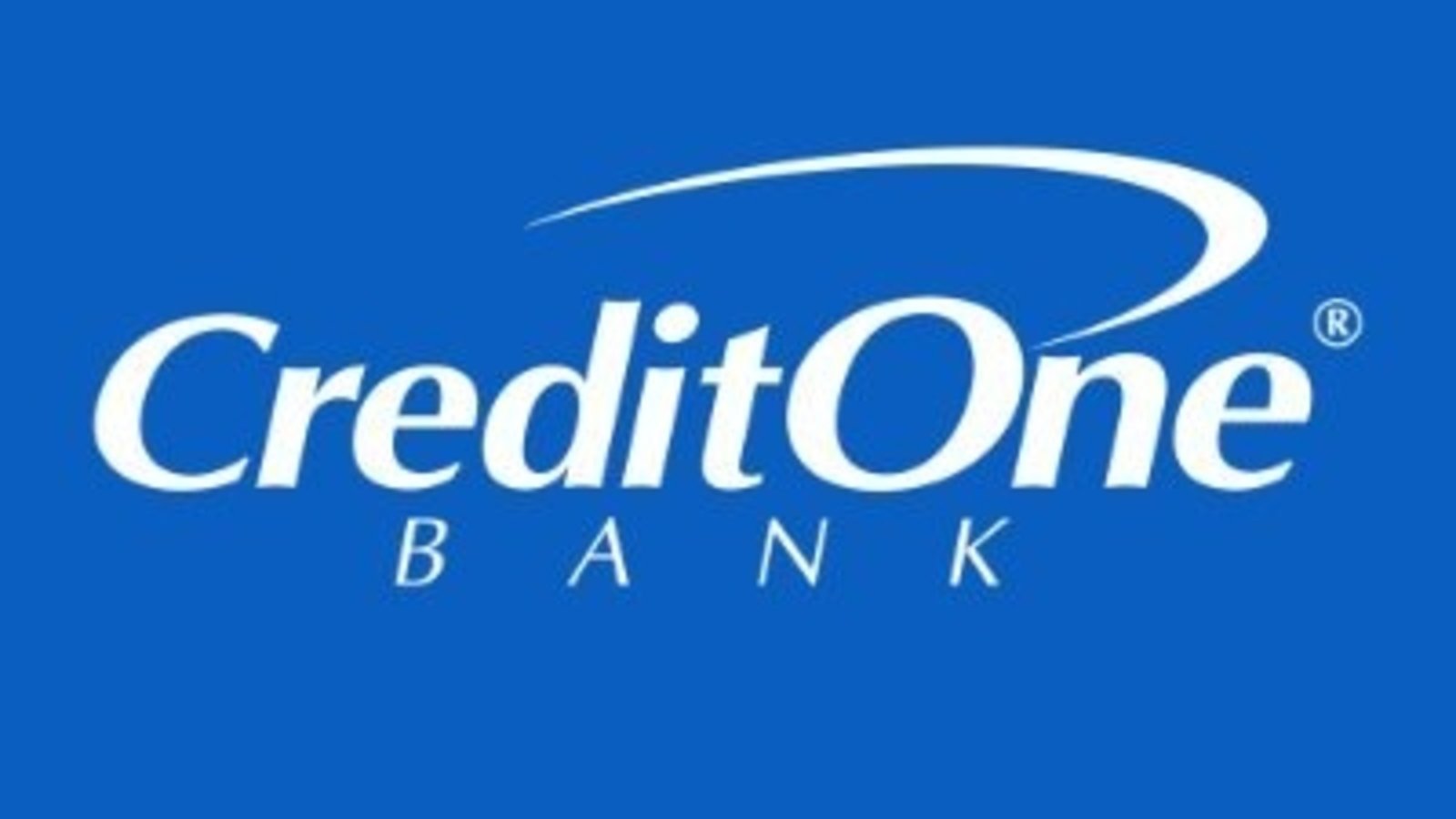Credit One Bank has been the subject of several lawsuits and legal disputes over the years, mainly related to credit card practices, interest rates, and customer service issues. A recent Credit One Bank lawsuit settlement has drawn attention due to its impact on thousands of customers who may have been affected by unfair charges or misleading financial practices. This article breaks down the background, reasons, and implications of the lawsuit settlement in simple terms.
Background of the Credit One Bank Lawsuit
Credit One Bank, a well-known credit card issuer, primarily serves customers with fair or limited credit history. While the bank offers accessible credit options, many users have reported issues such as unexpected fees, unclear billing statements, and difficulties in resolving disputes.
Over time, these complaints led to investigations and lawsuits alleging that the company engaged in deceptive or unfair practices, such as:
-
Charging hidden or unauthorized fees.
-
Providing unclear terms for interest rate changes.
-
Failing to properly credit payments.
-
Sending misleading promotional offers to new cardholders.
Eventually, these issues resulted in legal actions and class-action lawsuits from customers who claimed they were financially harmed by these practices.
Details of the Settlement
The Credit One Bank lawsuit settlement was designed to resolve these disputes without the need for a prolonged court trial. In this type of settlement, the bank typically agrees to pay a certain amount to affected customers or to adjust its business practices to comply with fair lending standards.
While exact figures and eligibility details may vary depending on the case, the main goal of the settlement is to compensate customers who faced unfair fees or mismanagement of their accounts. In some cases, customers may receive:
-
Refunds for overcharged interest or hidden fees.
-
Adjustments to their account balances.
-
Credit score corrections where applicable.
-
Assurances of improved transparency and customer service.
Why the Lawsuit Matters to Customers
For many consumers, Credit One Bank’s settlement serves as a reminder of the importance of reading credit agreements carefully and monitoring credit card statements. The lawsuit highlights how even reputable institutions can make mistakes that negatively affect customers’ finances.
If you are or were a Credit One Bank customer, it’s worth checking whether you might be eligible for compensation or refunds as part of any settlement program. Typically, such settlements require no legal fees from customers — they are handled as class-action settlements, meaning a group of customers is represented collectively.
What Led to the Legal Action
Several customer complaints and reports over the years claimed:
-
Late fees were added even when payments were made on time.
-
Customers faced difficulties reaching support or disputing charges.
-
Interest rates increased without clear notice.
-
Rewards and benefits were not delivered as promised.
These claims eventually led regulators and law firms to investigate the bank’s practices. Once the issues were verified, a settlement was proposed to ensure fairness and compliance with credit laws.
Impact on Credit One Bank’s Reputation
While the settlement has caused some reputational challenges for Credit One Bank, it has also pushed the company to improve its customer communication, billing transparency, and complaint handling systems.
Settlements like this often lead to stronger oversight and better protection for cardholders in the long run. The bank has reportedly taken steps to review its policies, train employees, and enhance dispute resolution procedures to avoid future legal conflicts.
Lessons for Consumers
The Credit One Bank lawsuit settlement offers valuable lessons for all credit card users:
-
Always read the fine print – Understand the terms of your credit card before using it, including interest rates, late fees, and promotional offers.
-
Monitor your statements regularly – Check your monthly statement to ensure that all charges are correct and authorized.
-
Report issues immediately – If something looks wrong, contact customer service or your credit reporting agency right away.
-
Keep written proof – Save receipts, emails, and payment confirmations to support any dispute.
-
Know your rights – Financial institutions are legally bound to follow fair lending laws and transparent billing practices.
Conclusion
The Credit One Bank lawsuit settlement stands as an example of accountability in the financial industry. It shows that consumers have the power to speak up and take action when they face unfair practices.
By resolving these disputes and compensating affected customers, the settlement serves as a step toward greater transparency and fairness in credit card services. For Credit One Bank, it’s also an opportunity to rebuild trust and ensure that customers receive the honest, reliable financial support they deserve.











